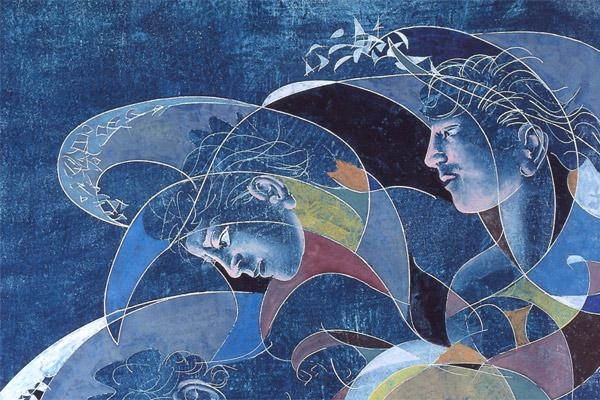Fahad Ali
Political philosophy is a multifaceted branch of philosophy that delves into the intricate reflection on the optimal organization of our collective life. This encompasses a broad spectrum, including the contemplation of political institutions, economic systems, social practices, and even the structure of family life. Often referred to as the broad umbrella term covering both political and social philosophy, political philosophy seeks to establish fundamental principles that can justify a specific form of state, recognize the inalienable rights of individuals, and determine the equitable distribution of a society’s material resources.
Central to the pursuit of political philosophy is the analysis and interpretation of pivotal concepts such as freedom, justice, authority, and democracy. This critical examination is then applied to existing social and political institutions, aiming to elucidate their efficacy and fairness in accordance with these fundamental principles.
The historical practice of political philosophy parallels human recognition of collective arrangements not as immutable components of the natural order, but as structures open to transformation and thus necessitating philosophical justification. Its prevalence is evident across numerous cultures and has taken a multitude of forms, diverse in their philosophical tendencies and philosophical premises. This diverse nature can be attributed to the evolving methods and approaches used by political philosophers, which are heavily influenced by the broader philosophical trends of the respective eras. Similarly, the political philosopher’s agenda and emphasis are often underscored by the prevailing political issues of their time, shaping the discourse and focus of the discipline.
A pertinent question within political philosophy revolves around the universal validity of its established principles. Debates in recent years have centered on whether political philosophical principles should be regarded as universally applicable or if they are predominantly reflective of the specific assumptions and values of particular political communities. This debate is intrinsically linked to the broader question about the nature of humanity itself, its inherent needs, capacities, and, crucially, the extent to which these traits are influenced by cultural variations.
When examining the rich historical canon of political philosophy, works can broadly be divided into two categories. The first category includes works produced by philosophers who elaborate general philosophical systems, with political philosophy forming an integral part of these systems. Noteworthy philosophers contributing substantially to political thought include Plato, Aristotle, Hobbes, Locke, and Mill. The second category encompasses social and political thinkers whose contributions have had a more specific impact on political philosophy itself. This includes influential figures such as Machiavelli, Rousseau, and Marx.
The twentieth century saw a proliferation of influential political thinkers who have made significant contributions towards the evolution of political philosophy. Figures such as Arendt, Foucault, Gandhi, Rawls, and others have further enriched the discourse and complexities of political philosophy, marking a vibrant and diverse tradition woven through cultures and historical epochs.
Political philosophy plays a pivotal role in shaping and evaluating political systems. By delving into the fundamental principles that justify a specific form of state and recognizing the inalienable rights of individuals, political philosophy provides the theoretical framework for constructing and assessing political systems. Its influence is profound, as it guides the formation and evolution of political arrangements.
First and foremost, political philosophy offers a critical examination of pivotal concepts such as freedom, justice, authority, and democracy. Through this critical analysis, it provides the groundwork for designing a political system that upholds these principles. For example, by scrutinizing the concept of justice, political philosophy can guide the formulation of laws and institutions that aim to ensure fairness and equity within the political system, demonstrating its practical impact.
Moreover, political philosophy contributes to the creation of political systems by identifying and assessing the efficacy and fairness of existing social and political institutions. By applying its theoretical underpinnings to real-world scenarios, political philosophy offers insights into how political systems can be improved or restructured to better adhere to fundamental principles. It prompts policymakers and leaders to consider reforms that align with the philosophical ideals of a just and free society, showcasing its influence and power.
Additionally, political philosophy addresses the universal validity of established principles, sparking debates about their applicability across diverse political communities. This discourse influences the design of political systems to be inclusive and adaptable to varying cultural and societal norms. By grappling with questions about the nature of humanity and its cultural influences, political philosophy guides the development of political systems that respect and accommodate diverse perspectives and values.
In essence, political philosophy provides the ethical and moral foundation for constructing political systems, while also offering a critical lens through which to evaluate and refine existing systems. It shapes the values, norms, and institutions that define a political system, thus playing a pivotal role in the creation and evolution of political arrangements. For instance, the concept of democracy, as discussed by political philosophers, has shaped the political institutions and norms of many modern societies, influencing the way power is distributed and decisions are made.
















